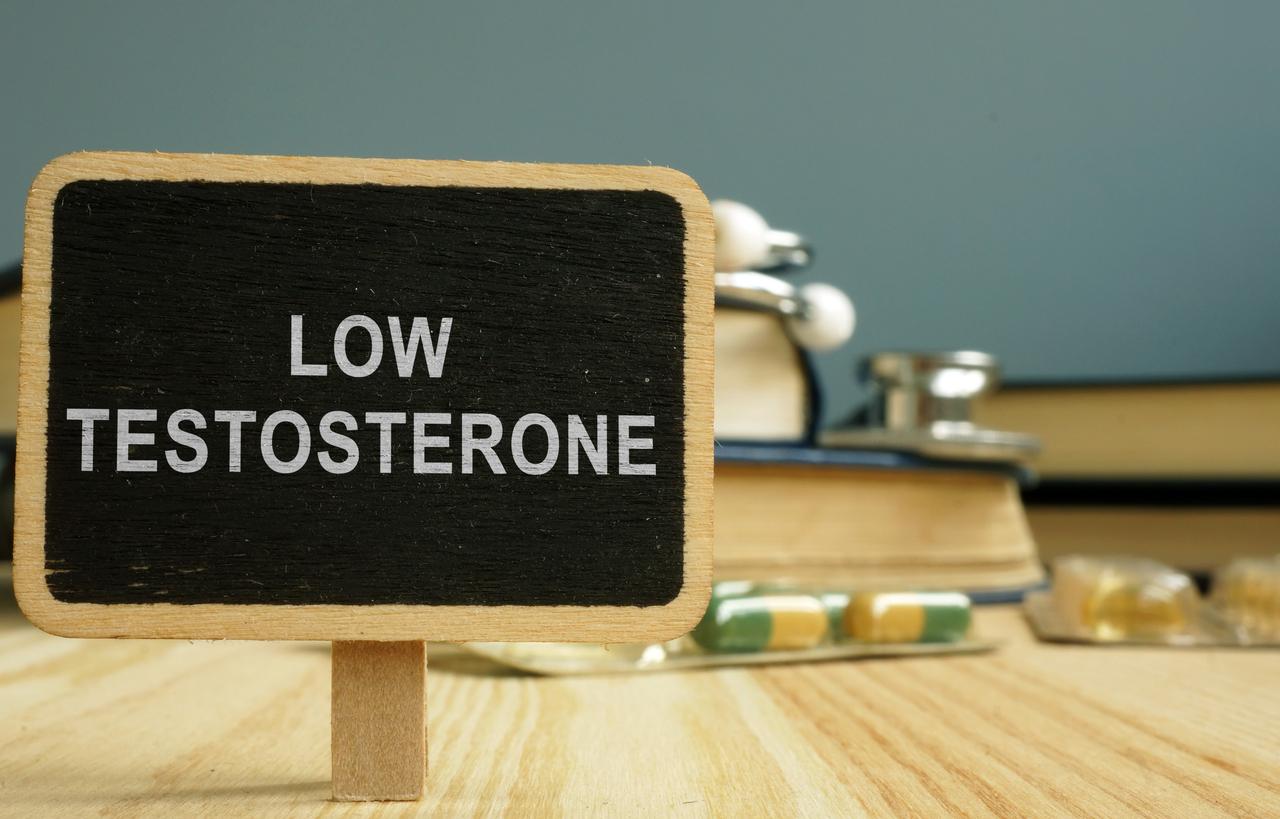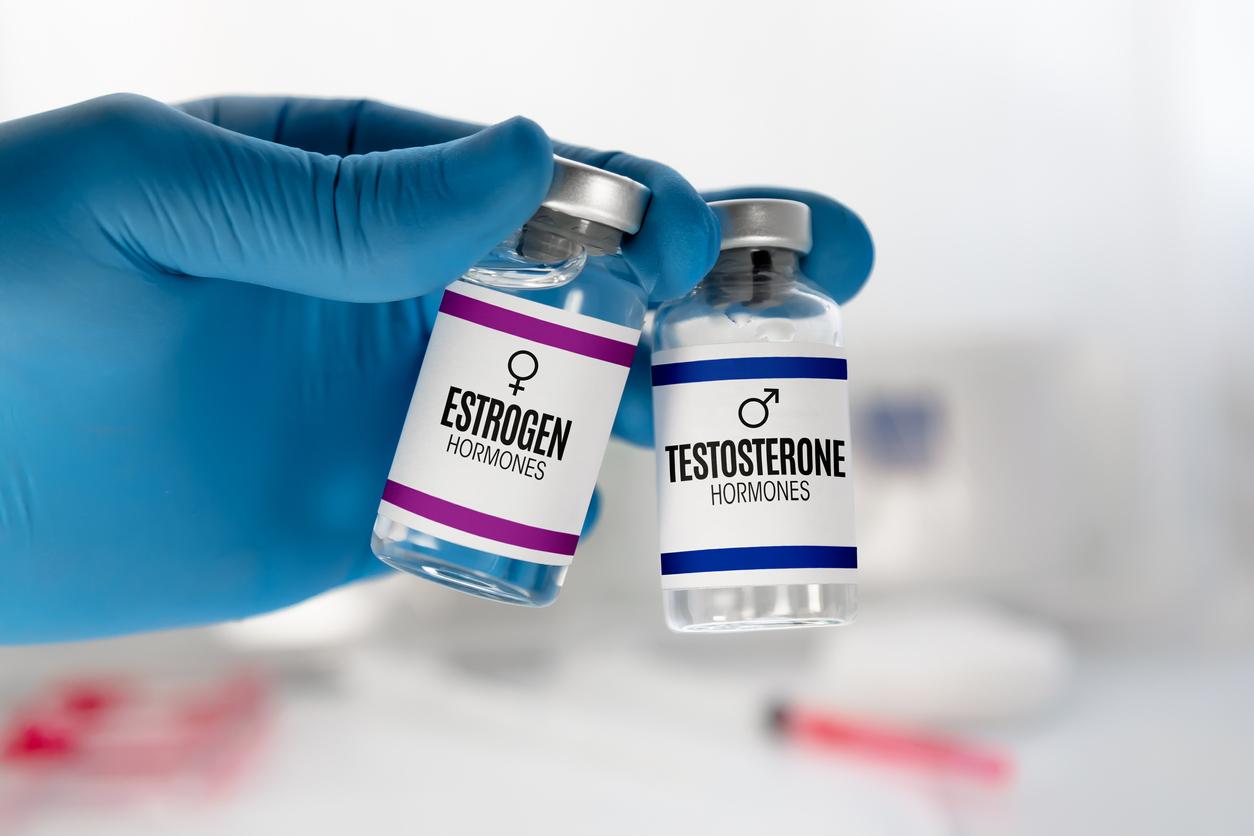
June 8, 2010 – The use of synthetic testosterone to counter the symptoms of andropause is questioned by a British scientific journal. The authors of the article point to the lack of consensus on the very existence of andropause and the inconclusive evidence on the effectiveness of treatments.
In its latest issue, the Drug and Therapeutics Bulletin1 says the body of scientific knowledge undermines the idea that low testosterone levels in aging men – andropause – is a “separate medical entity” that needs treatment. Rather, it could be a simple physiological change, argue its authors.
It is well established that a number of men see their testosterone levels decrease by 1% to 2% per year from the age of 40. But unlike estrogen in women, the production of which drops rapidly and then ceases almost completely at a given age, low testosterone is not an inevitable consequence of aging. About 80% of 60-year-old men and 50% of 80-year-old men are said to have testosterone levels similar to those of younger men.
In addition, this decrease does not necessarily translate into symptoms. Erection problems, loss of libido, and lack of energy and drive are also present in men with normal testosterone levels, but suffering from other ailments. Thus, the evidence for a causal link between a decline in testosterone with age and these symptoms is weak.
The authors of the article, which appeared in this independent journal published by the British Medical Journal, also question synthetic testosterone treatments. Studies on sexual satisfaction, depression and cognitive function have not been shown to be conclusive. While research shows a beneficial effect for bone density and muscle strength, it is not known whether the hormone reduces the risk of fractures.
The treatments also have side effects. They can cause edema and breasts in men (gynecomastia) to develop, as well as blockage of the urinary tract. They can also increase the risk of several diseases or make their symptoms worse: benign prostatic hyperplasia; prostate cancer, cardiovascular disease, sleep apnea and epilepsy.
Thus, in the absence of consensus on the effectiveness of treatments and the existence of andropause as a disease, treatment with testosterone in asymptomatic patients should be banned, say the authors. Physicians should not offer it to their patients without an informed discussion of the uncertainties that remain about its risks and benefits.
Louis Gagné – PasseportSanté.net
1 Testosterone for “late-onset hypogonadism” in men ?, DTB, June 2010, no 6, vol. 48, p. 69. To read the article: http://press.psprings.co.uk [consulté le 8 juin 2010].

















